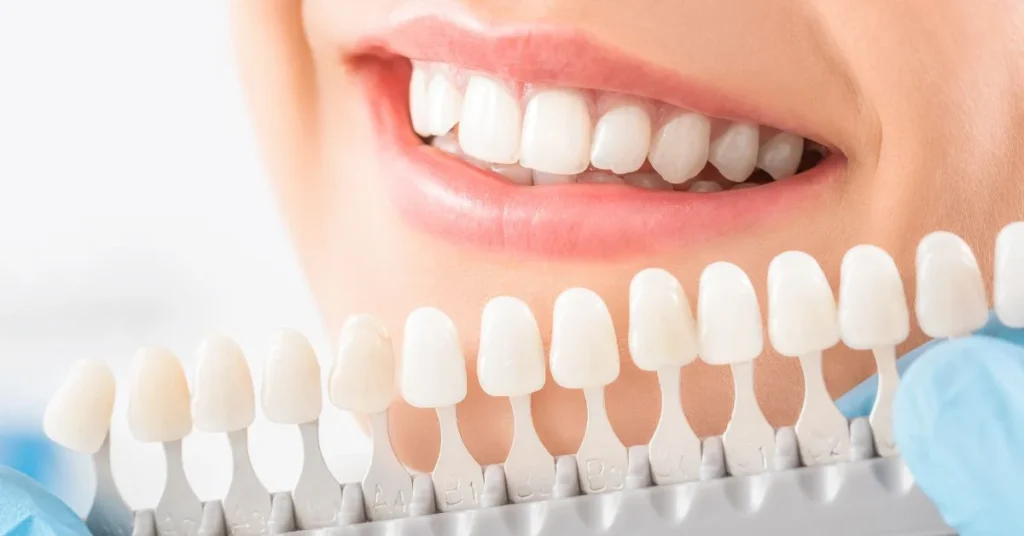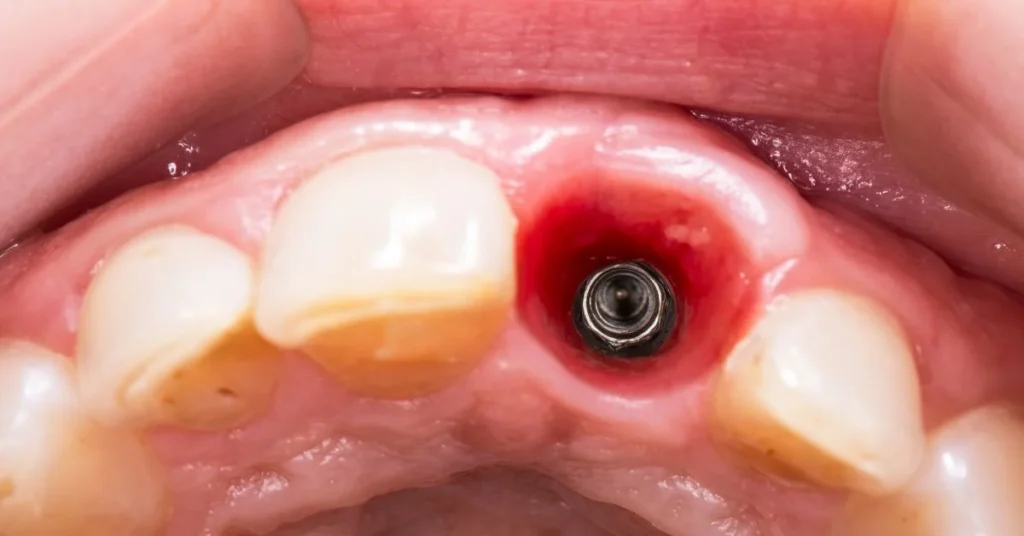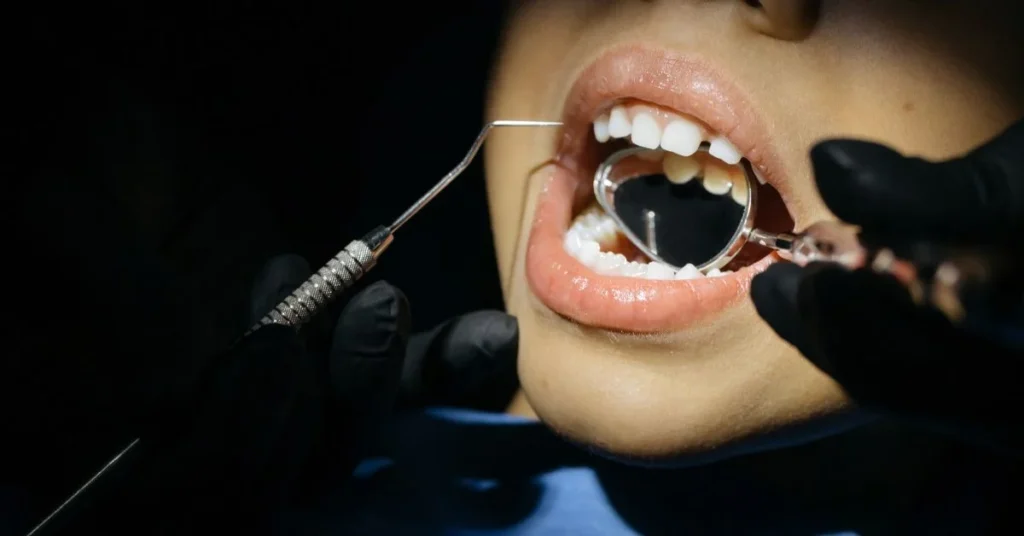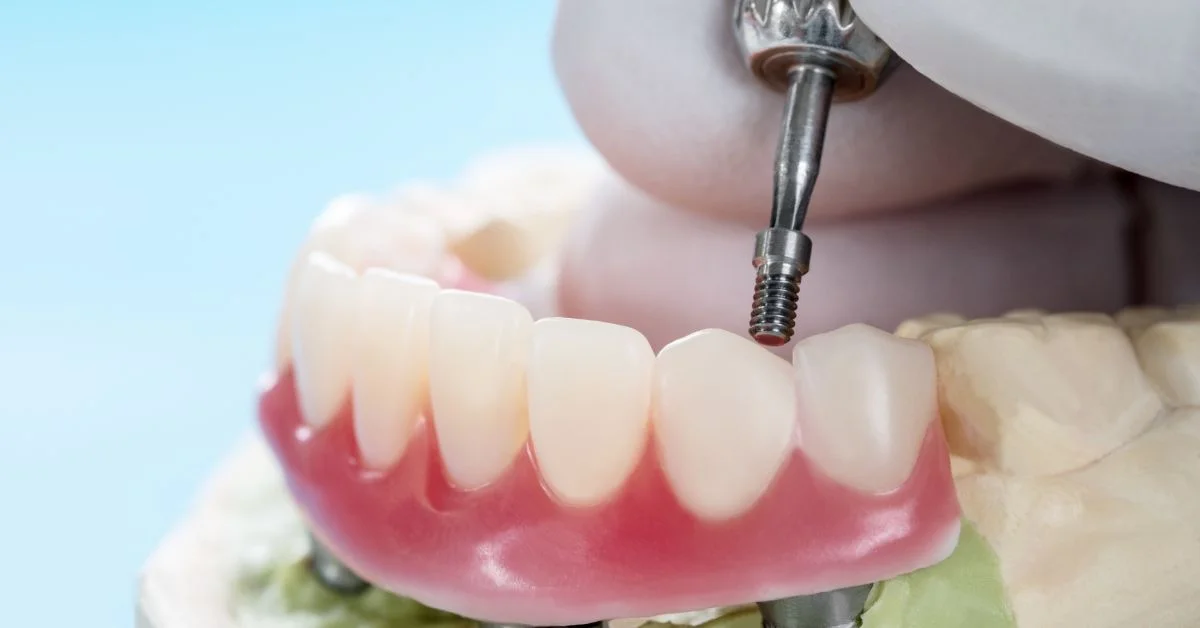Damaged or missing teeth can have far-reaching effects on your health, nutrition, and self-esteem, affecting more than just your smile. Because they appear and function much like real teeth, dental implants have quickly become the treatment of choice for tooth loss. But how can you tell if they’re the best fit?
Find out if dental implants are right for you by reading this article’s eight warning signals. If you’re experiencing any of these issues, such loose dentures or bone loss, it’s important to consult your dentist as soon as possible.
1. Missing One or More Teeth
If you’re missing one or more teeth, you’re not alone. According to the American College of Prosthodontists, over 36 million Americans have no teeth, and 120 million are missing at least one tooth.
Why It Matters:
- Missing teeth can cause adjacent teeth to shift.
- It affects chewing, speech, and even digestion.
- A gap in your smile can lead to jawbone deterioration.
Dental implants act like artificial tooth roots, preserving bone and providing a permanent, natural-looking replacement.

2. Struggling with Loose Dentures
Are your dentures slipping when you talk or eat? Constant adjustments and the fear of embarrassing moments can make daily life stressful.
Key Issues:
- Dentures don’t stimulate jawbone growth, which leads to bone loss.
- Loose dentures can cause sore spots and reduce confidence.
Implant-supported dentures offer a stable solution that feels more like natural teeth — no adhesives needed.
| Sign | Description | Why Dental Implants Help |
|---|---|---|
| 1. Missing One or More Teeth | Gaps in your smile can lead to shifting teeth, poor bite, and bone loss. | Implants replace missing teeth and prevent bone deterioration. |
| 2. Struggling with Loose Dentures | Dentures slipping or needing frequent adjustment can be frustrating and uncomfortable. | Implant-supported dentures offer a secure, long-term fit with no adhesives. |
| 3. Difficulty Chewing or Eating Certain Foods | Missing or damaged teeth may cause you to avoid healthy, crunchy foods. | Implants restore full chewing power and dietary flexibility. |
| 4. Facial Sagging or Sunken Appearance | Tooth and bone loss can cause your face to appear aged and sunken. | Implants support bone structure, maintaining a youthful facial shape. |
| 5. Severely Cracked or Damaged Teeth | Teeth beyond repair can lead to infections or further damage. | Implants replace unsalvageable teeth with strong, lifelike alternatives. |
| 6. Bone Loss in the Jaw | Lack of stimulation from natural teeth leads to bone resorption over time. | Implants stimulate jawbone growth, preventing further loss. |
| 7. Persistent Oral Infections or Gum Disease | Advanced gum disease can result in tooth loss and affect your oral health. | After treatment, implants restore structure and function to the mouth. |
| 8. Low Self-Confidence About Your Smile | Missing or damaged teeth can hurt your self-esteem and social confidence. | Implants offer a natural-looking, confident smile makeover. |
3. Difficulty Chewing or Eating Certain Foods
When teeth are missing or damaged, it’s not just hard to chew — you may begin to avoid nutritious foods like apples, nuts, or vegetables.
Potential Consequences:
- Poor digestion from inadequate chewing.
- Nutrient deficiencies.
- Increased reliance on soft, processed foods.
Dental implants restore full chewing function, allowing you to eat what you love without worry.

4. Facial Sagging or Sunken Appearance
Tooth and jawbone loss can change the structure of your face. Over time, it can lead to a prematurely aged appearance.
Signs You May Notice:
- Wrinkled skin around the mouth.
- Thinning lips.
- A collapsed jawline or chin.
Dental implants help maintain facial structure by stimulating the jawbone, giving you a more youthful appearance.
5. Severely Cracked or Damaged Teeth
Not all broken teeth can be saved, especially if the damage extends below the gum line. In these cases, a dental implant may be the best long-term solution.
When to Consider an Implant:
- Tooth is beyond repair with a crown.
- Pain or sensitivity from deep fractures.
- Risk of infection from exposed pulp or nerves.
Implants are strong, durable, and custom-designed to match your natural teeth.
6. Bone Loss in the Jaw
Bone loss is a silent but serious consequence of missing teeth. Without stimulation from a tooth root, the jawbone begins to deteriorate.
Common Symptoms:
- Changes in your bite or facial shape.
- Dentures no longer fitting properly.
- A hollow or collapsed look in the jaw area.
Dental implants are the only tooth replacement option that actively helps prevent bone loss.
7. Persistent Oral Infections or Gum Disease
Advanced periodontal disease can lead to tooth loss, and lingering infections can damage bone and tissue.
Warning Signs:
- Swollen, bleeding gums.
- Chronic bad breath.
- Pus around the teeth or gums.
After addressing gum disease, dental implants can replace teeth lost due to infection and restore oral function.
8. Low Self-Confidence About Your Smile
Your smile is often the first thing people notice. If you’re hiding it due to gaps, stains, or dental issues, it can affect your mental health and social life.
Emotional Impacts:
- Anxiety in social or professional settings.
- Avoiding photos or speaking.
- Lower self-esteem.
Dental implants can dramatically improve your smile — and your confidence — with results that look and feel natural.

Conclusion
The first step in restoring your oral health and self-esteem is to recognize the 8 indicators that dental implants may be necessary. Permanent and life-altering, dental implants can replace a single tooth or a full arch of teeth.
FAQs About Dental Implants
How long do dental implants last?
With proper care, dental implants can last 20+ years — often a lifetime.
Are dental implants painful?
Most patients report minimal discomfort, similar to a tooth extraction. Local anesthesia and sedation options help manage any pain during the procedure.
What’s the success rate of dental implants?
Dental implants have a success rate of up to 98%, making them one of the most reliable dental treatments available.
Can anyone get dental implants?
Most healthy adults are candidates. However, adequate bone density and good oral hygiene are essential.
How do I care for my dental implants?
Treat them like natural teeth: brush twice daily, floss, and visit your dentist regularly.









